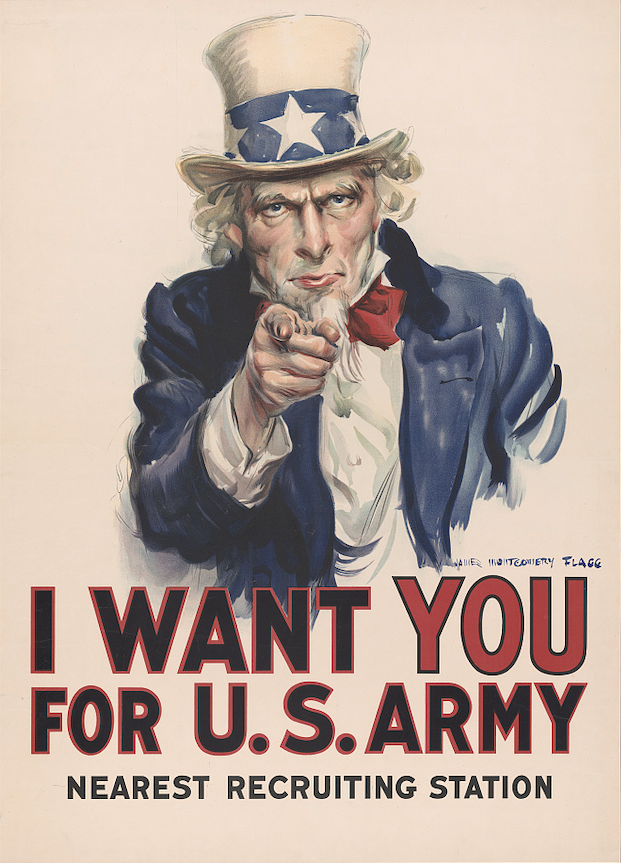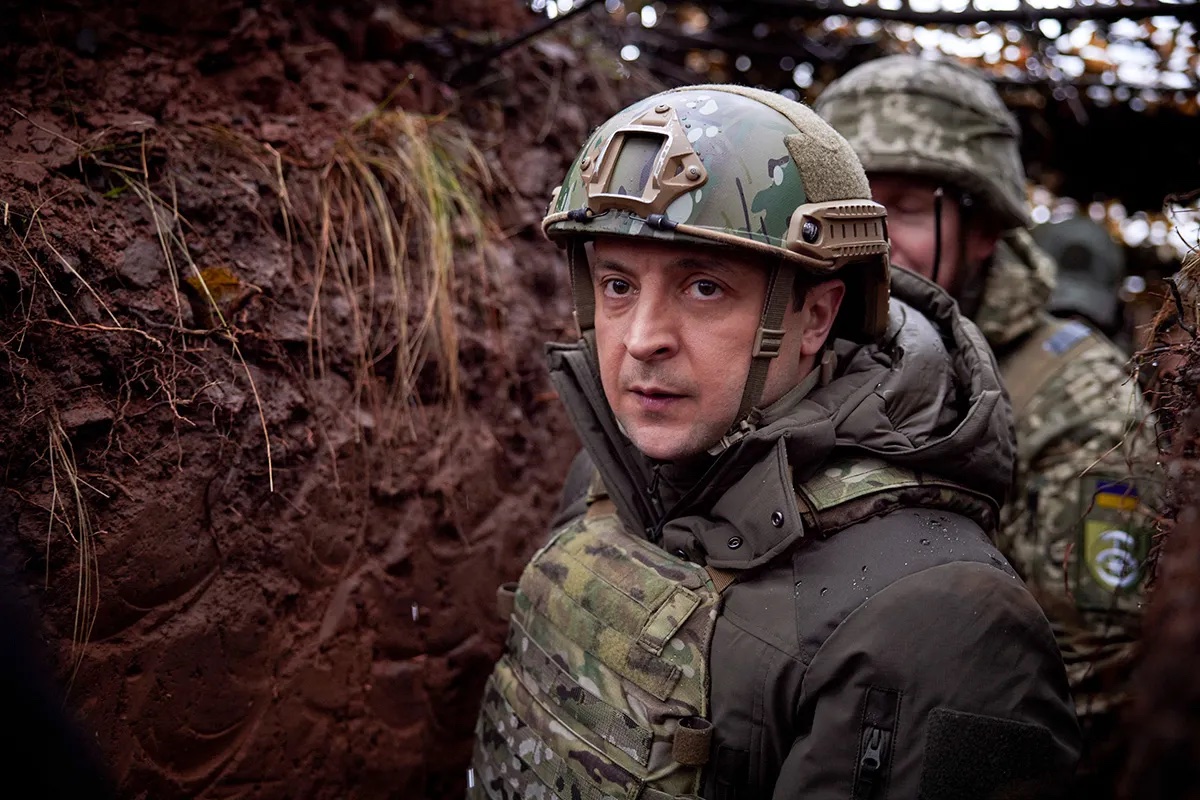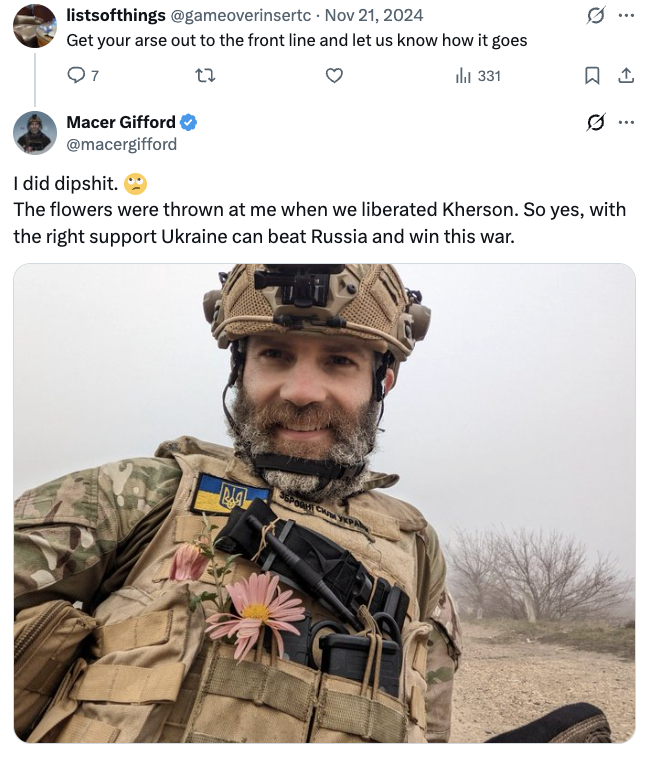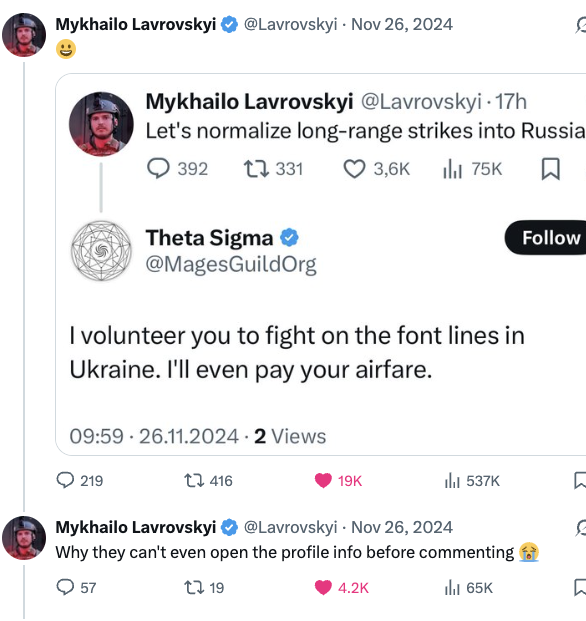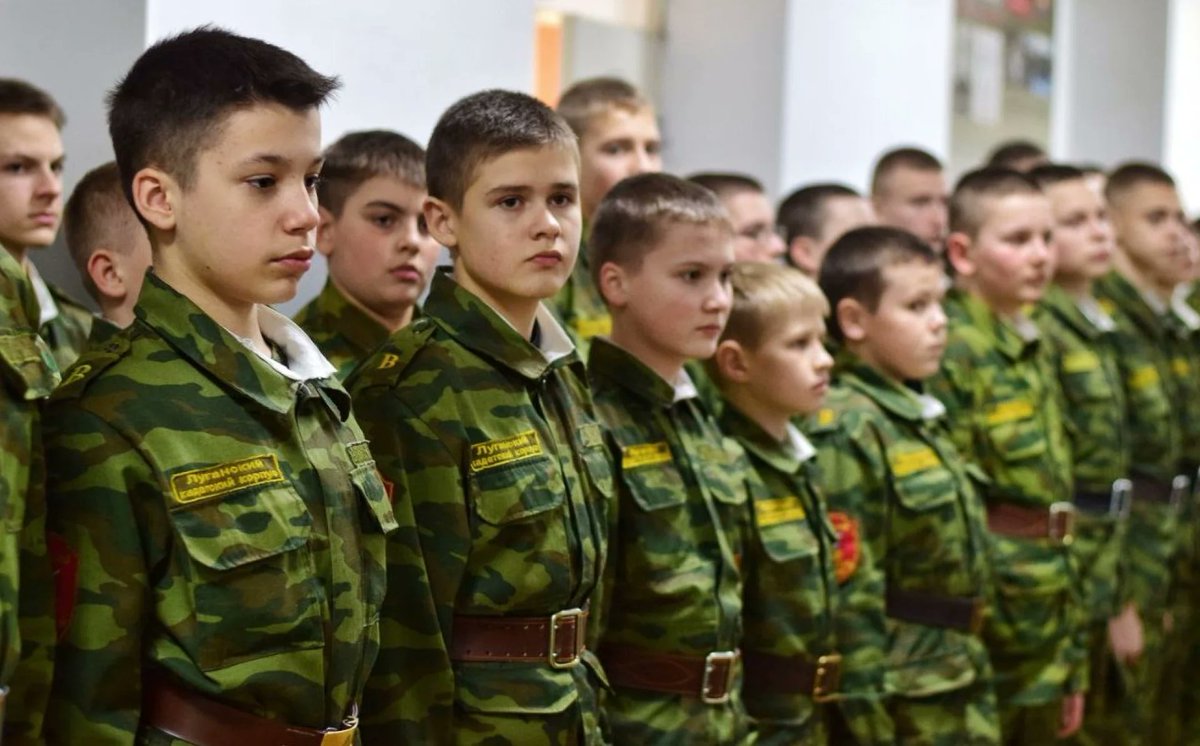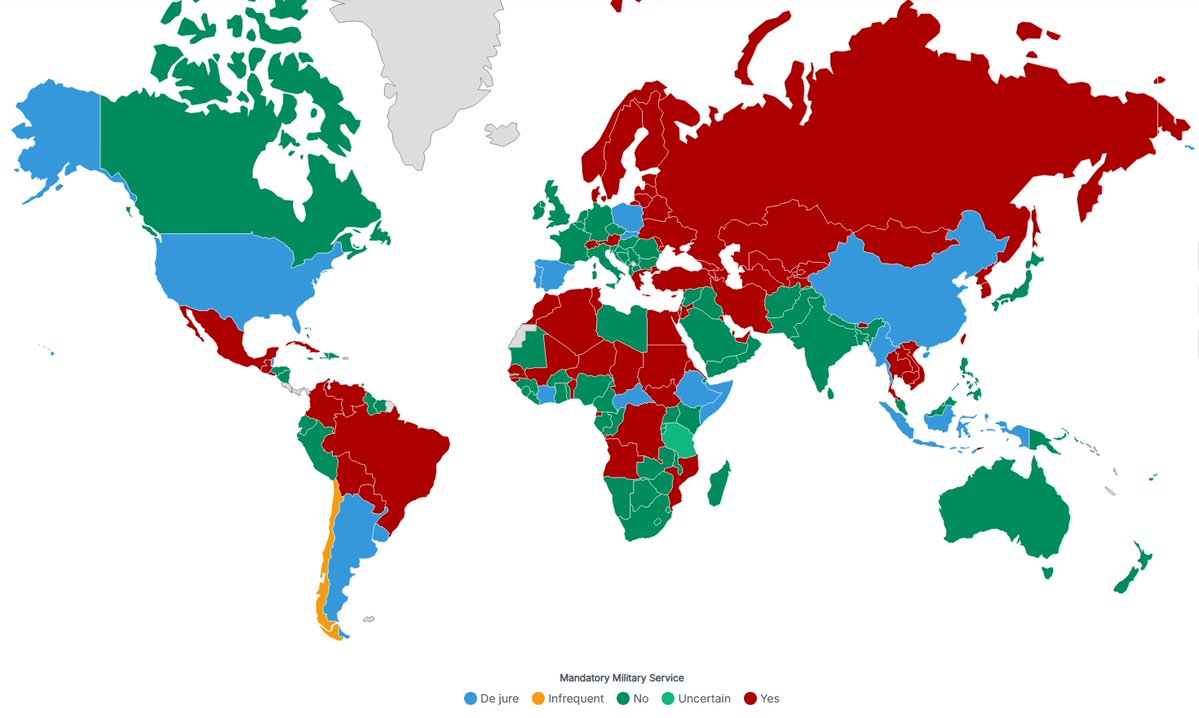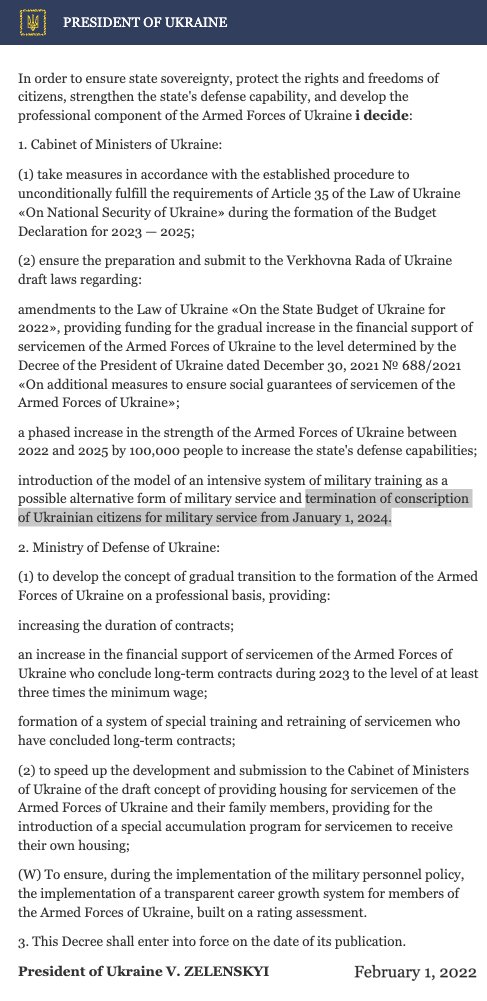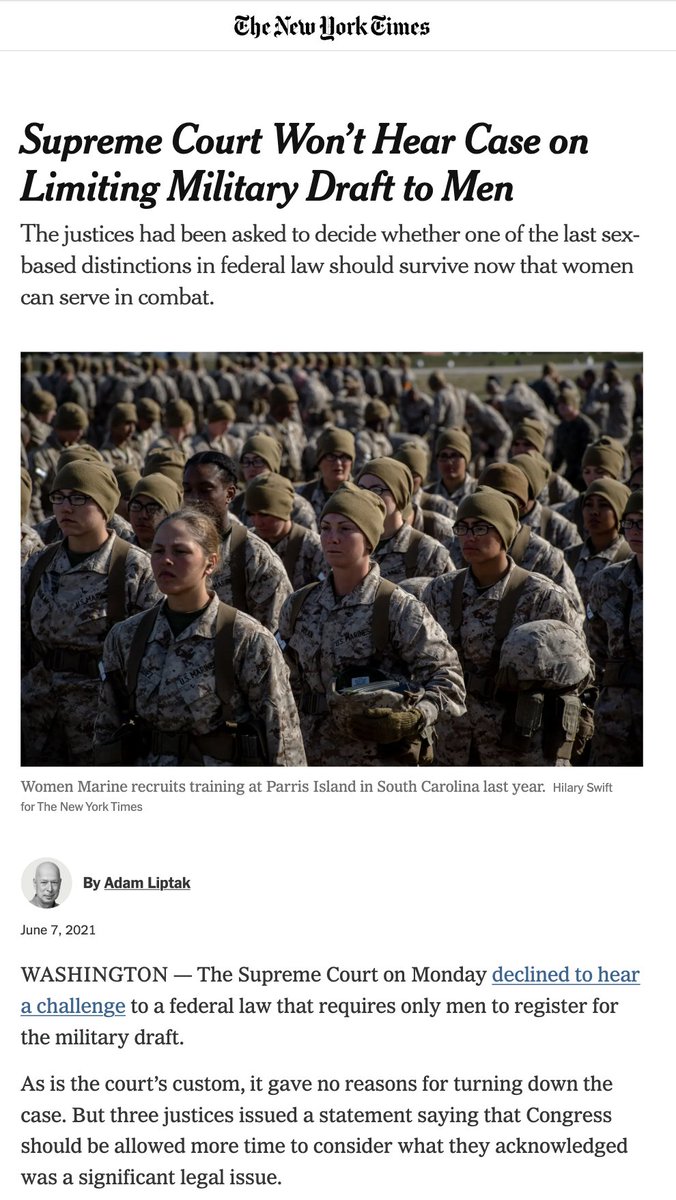In today's #vatniksoup I'm going to be talking about the most dangerous profession in Russia: journalism. Many investigative journalists have sacrificed their lives to shed light into corruption, kleptocracy and war crimes committed in both Soviet Union and in Russia.
1/24
1/24
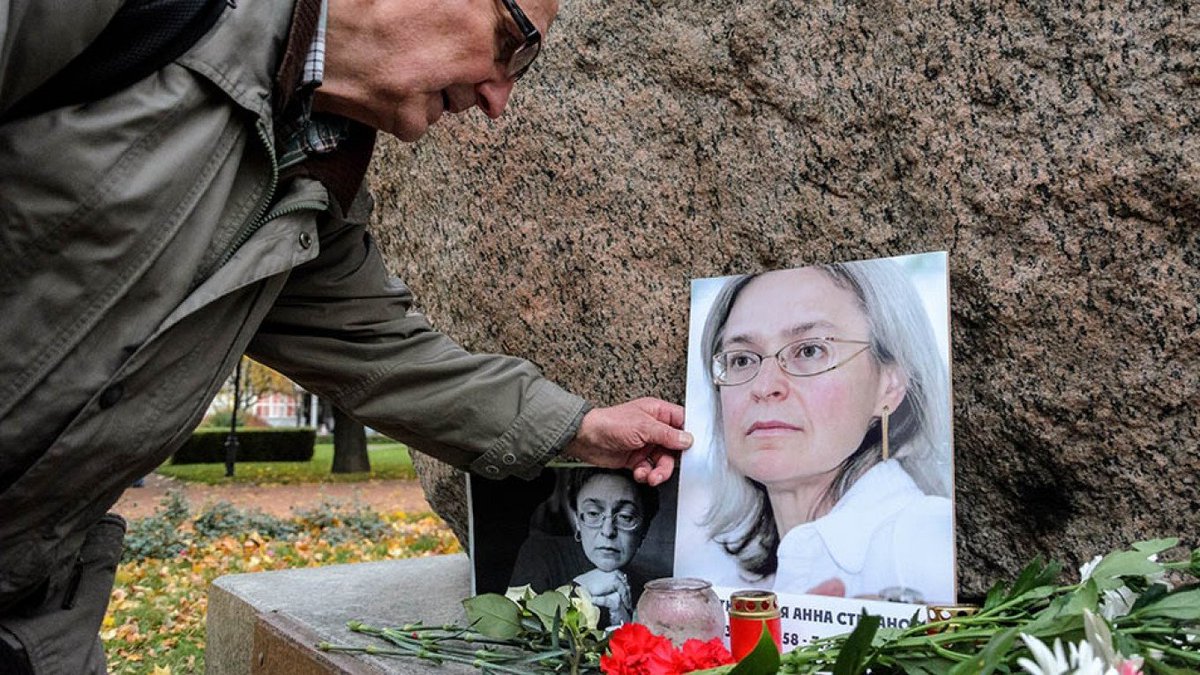
Journalists working in Russia and not toeing the Kremlin line live under constant threat of being attacked, stigmatized as "foreign agents", or even killed. Partly for this reason, as of 2022, Russia ranks 155 out of 180 countries in the Press Freedom Index.
2/24
2/24
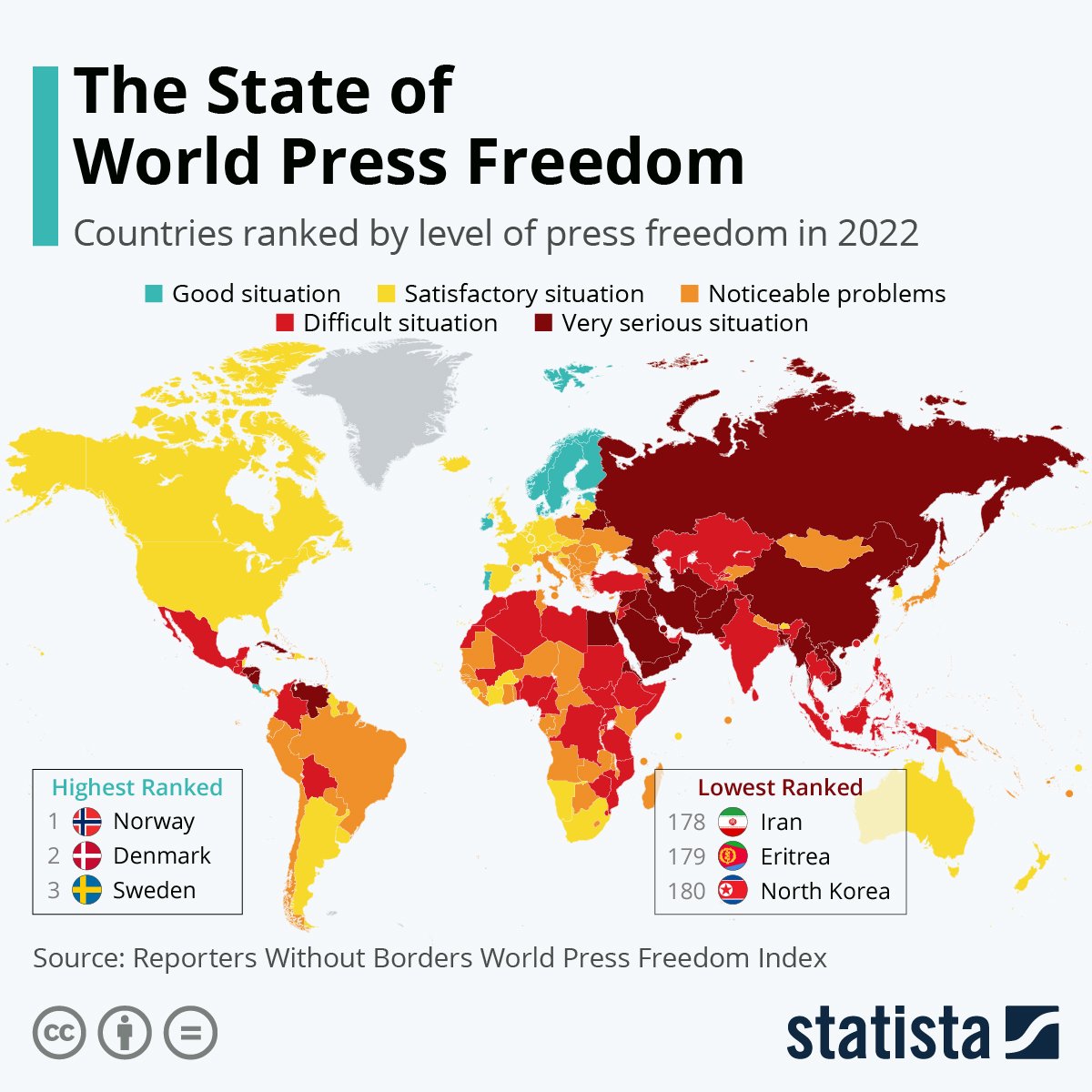
As the Soviet Union and Russia were and can be dangerous places, many journalists have died as a result of their work, for example in crossfire incidents and purely criminal or domestic cases of manslaughter. But many of them have also been targeted by contract killings,...
3/24

3/24
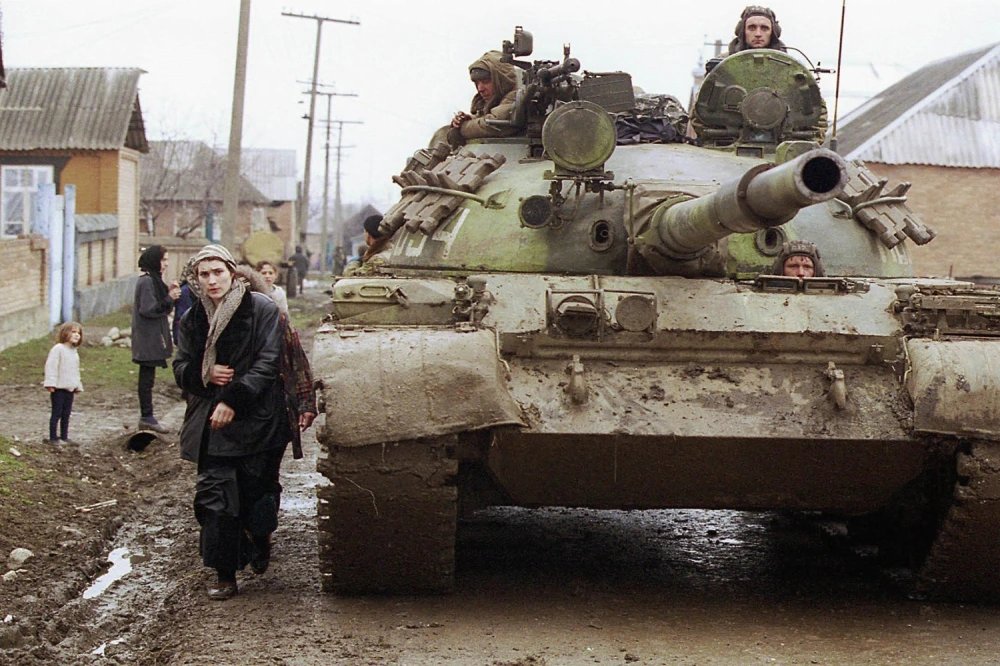

...often orchestrated by Russia's vast intelligence and espionage network in collaboration with the organized crime syndicates. The Committee to Protect Journalists (CPJ) has concluded that Russia was and is one of the deadliest countries in the world for journalists, ...
4/24
4/24

...and that their murders often remain unsolved. Between 1993 and 2009, a total of 365 journalists were killed: 165 of these cases were classified as murder and only 50 of these cases went to trial.
I'll talk briefly about some well-known journalists who have died and...
5/24
I'll talk briefly about some well-known journalists who have died and...
5/24

...whose death was with certainty linked to their investigative work and journalism.
Dmitry Kholodov - Dmitry was a Russian journalist, working for the national newspaper Moskovsky Komsomolets, investigating corruption in the Russian military during the 90s. He witnessed... 6/24
Dmitry Kholodov - Dmitry was a Russian journalist, working for the national newspaper Moskovsky Komsomolets, investigating corruption in the Russian military during the 90s. He witnessed... 6/24

...and reported on the ethnic cleansing of Georgians in Abkhazia in 1993, after which he started reporting on the high-level corruption and misuse of funds in the military. He was due to speak in a Duma hearing about the issue, but before he could do that, he was...
7/24
7/24
...assassinated with a booby-trapped briefcase. Kholodov's murder was an indisputable killing of a journalist due to their investigative work. Six men with military background were brought to trial over the murder, but they were all eventually acquitted.
8/24
8/24

Anatoly Levin-Utkin - Anatoly was a journalist and deputy editor of the newspaper Yuridichesky Peterburg Segodnya. He worked on open source research long before online databases and massive caches of public data. He was involved in an investigation on Vladimir Putin...
9/24
9/24

...after Putin was pointed as the head of FSB. His paper released an article that suggested that Putin's appointment as FSB director violated the agency's internal staffing policy. RFE/RL has published this article in English on their website: rferl.org/a/putin-journa…
10/24
10/24

His assailants smashed his skull with a metal bar and stole his belongings. He was working on a third installment of the Putin series at the time. The doctors said that he was beat to death with "excessive brutality and cruelty". The killers were never found.
11/24
11/24

Seven journalists working for the independent Russian newspaper Novaya Gazeta (NG) have been brutally murdered, and Igor Domnikov was one of them. He was investigating business corruption, which resulted in his murder in 2000.
12/24
12/24

There's a theory that he was murdered by accident and the real target was another Novaya Gazeta journalist, Oleg Sultanov. In 2015, an ex-government official Sergey Dorovsky was accused of the murder, but statute of limitations for the crime had already run out.
13/24
13/24
Yuri Shchekochikhin - Yuri was a veteran investigative journalist and Russian politician who also worked for NG. He was investigating both the alleged FSB bombings that started the Second Chechen War and the Three Whales Corruption Scandal which involved prominent, ...
14/24
14/24

...high-ranking FSB officers in a money laundering scheme.He died of mysterious illness 2 days before he was supposed to travel to the US and discuss over his findings with the FBI.His symptoms fit a pattern of poisoning by radioactive material,and the case was never solved.15/24 

Paul Klebnikov - Paul was an American journalist who at the time of his death was the chief editor of the Russian Forbes. He often reported on shady post-Soviet business deals and corruption and is known especially for attacking the first oligarch Boris Berezovsky.
16/24
16/24

In Jul, 2004, Klebnikov was chosen as the first editor of the Russian Forbes, and 4 months later he was shot dead from a slowly moving car in Moscow. One of the three men suspected of killing Klebnikov, Kazbek Dukuzov, was arrested in Kyiv in 2017.
17/24
17/24

Anna Politkovskaya - Politkovskaya's murder is probably the most famous of all these cases. In addition to being a journalist, she was also a human rights activist whose journalism focused heavily on the Second Chechen War. She was a columnist in NG until her death in...
18/24
18/24
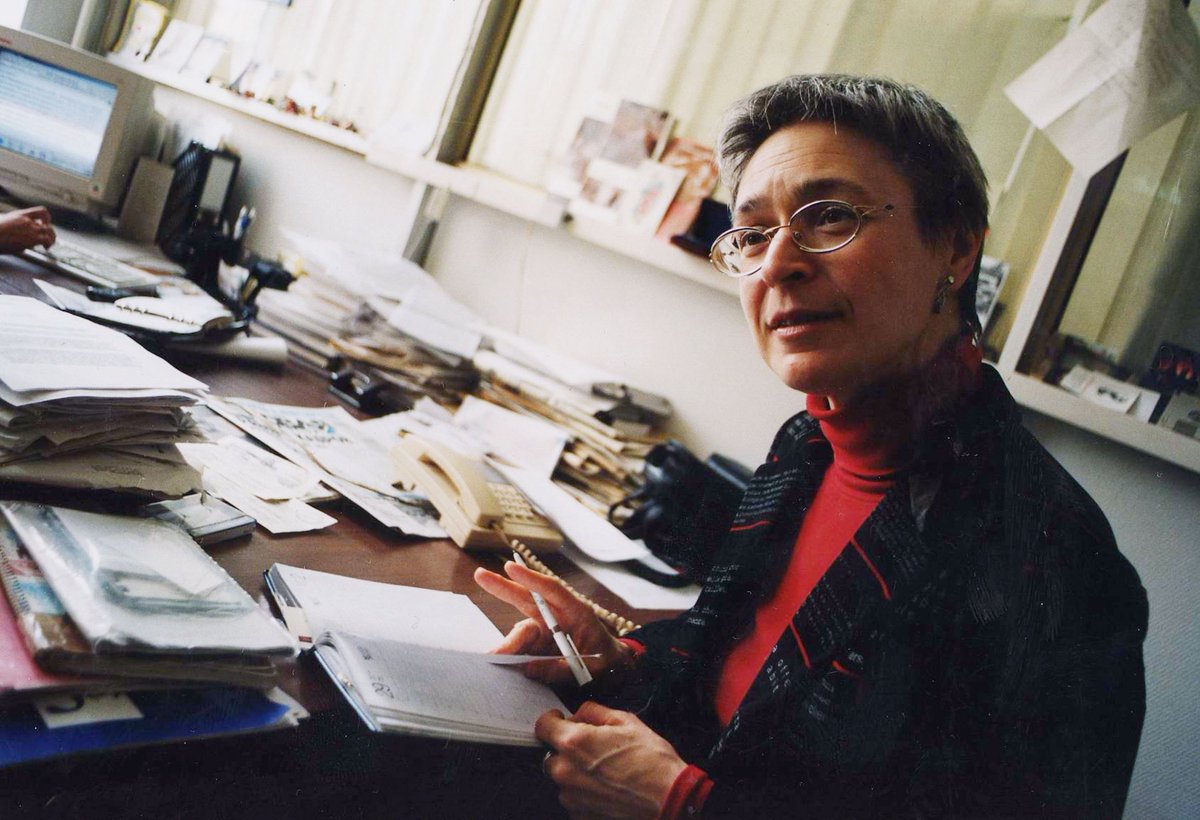
...Oct, 2006. She was a stark critic of both Putin and the Kadyrovs. The powers that be tried to get rid of her on several occasions: In 2001 she was detained, interrogated, beaten and humiliated in Chechnya and was finally subjected to a mock execution and poisoning.
19/24
19/24
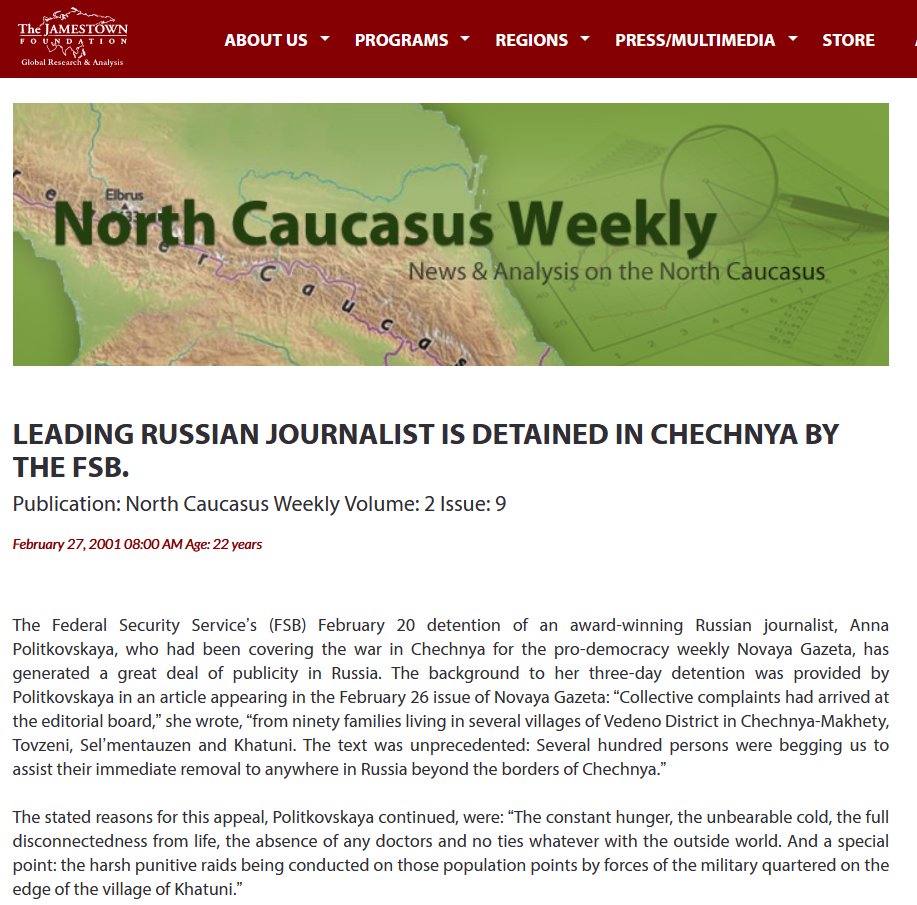
In 2004 she was poisoned while flying to help resolve the 2004 Beslan school hostage crisis, and she required intensive medical treatment in Moscow to survive. On 7 Oct, 2006, she was murdered in an elevator - an assassination that attracted a lot of international media...
20/24
20/24

...attention. Finally, in 2014 five men were sentenced to prison for her murder - something that rarely happens when the Russian authorities are investigating a murder of a journalist - but it is still unclear who ordered or paid for her murder.
21/24
21/24

Maksim Borodin - Maksim was known for investigating prisons and corrupt officials in Russia and also for investigating political scandals involving oligarch Oleg Deripaska. During his final months he was investigating PMC Wagner's activities and their great defeat at the...
22/24

22/24


Battle of Khasham:
Borodin fell from a fifth-floor balcony, was placed in a coma, but died later from his injuries. The Investigative Committee of Russia ruled this death a suicide.
23/24
https://twitter.com/P_Kallioniemi/status/1599639696459849729
Borodin fell from a fifth-floor balcony, was placed in a coma, but died later from his injuries. The Investigative Committee of Russia ruled this death a suicide.
23/24

A few months after his death, three more journalists who were investigating PMC Wagner's activities were killed in Central African Republic.
These were just few examples of journalists who have been killed for their work, and if Putin stays in power, we'll see much more.
24/24
These were just few examples of journalists who have been killed for their work, and if Putin stays in power, we'll see much more.
24/24

Support my work (and get some AI art!): buymeacoffee.com/PKallioniemi
Past soups: vatniksoup.com
Related soups:
Windows and heart attacks:
False flag operations:
Past soups: vatniksoup.com
Related soups:
Windows and heart attacks:
https://twitter.com/P_Kallioniemi/status/1608900007826165762
False flag operations:
https://twitter.com/P_Kallioniemi/status/1624853642846121984
• • •
Missing some Tweet in this thread? You can try to
force a refresh


